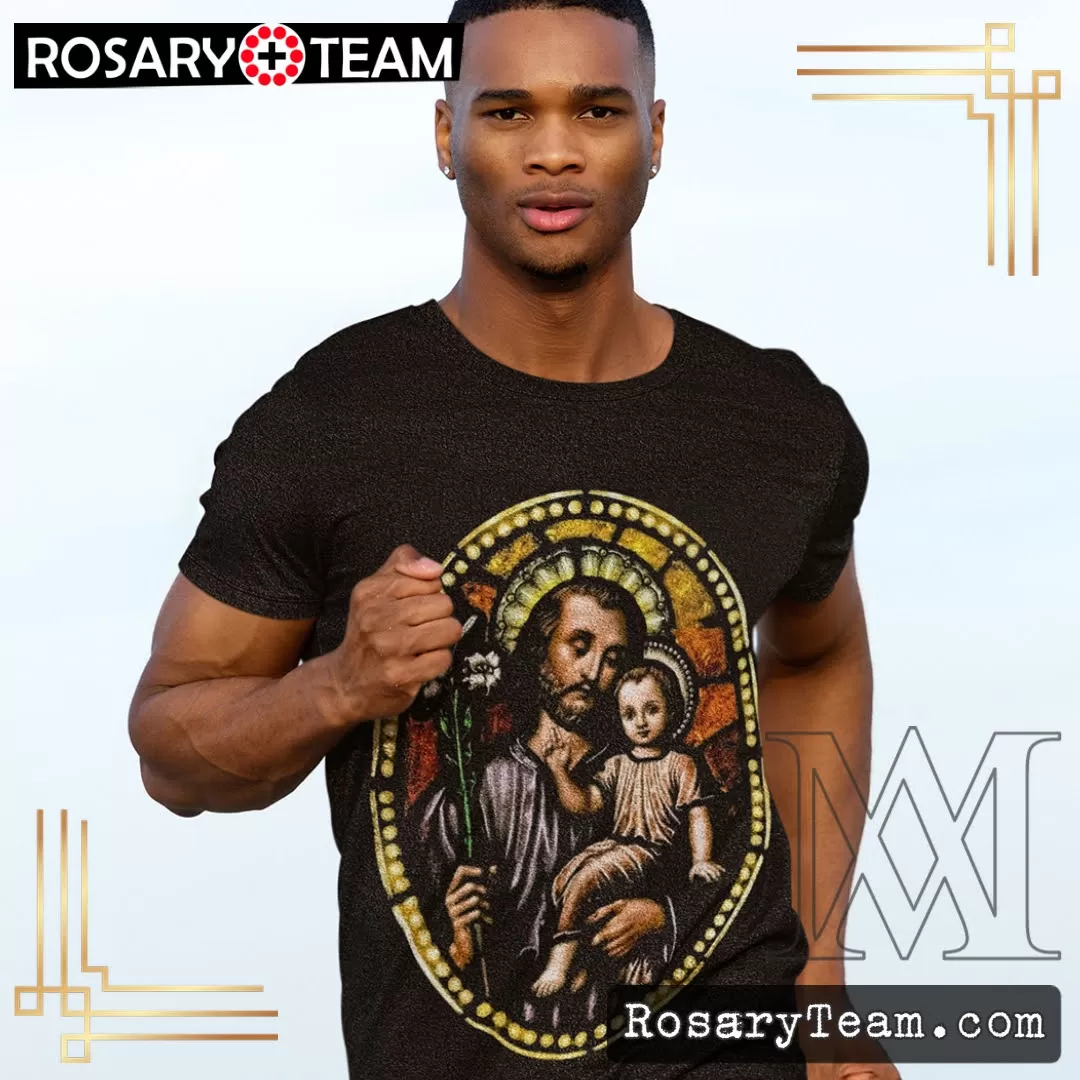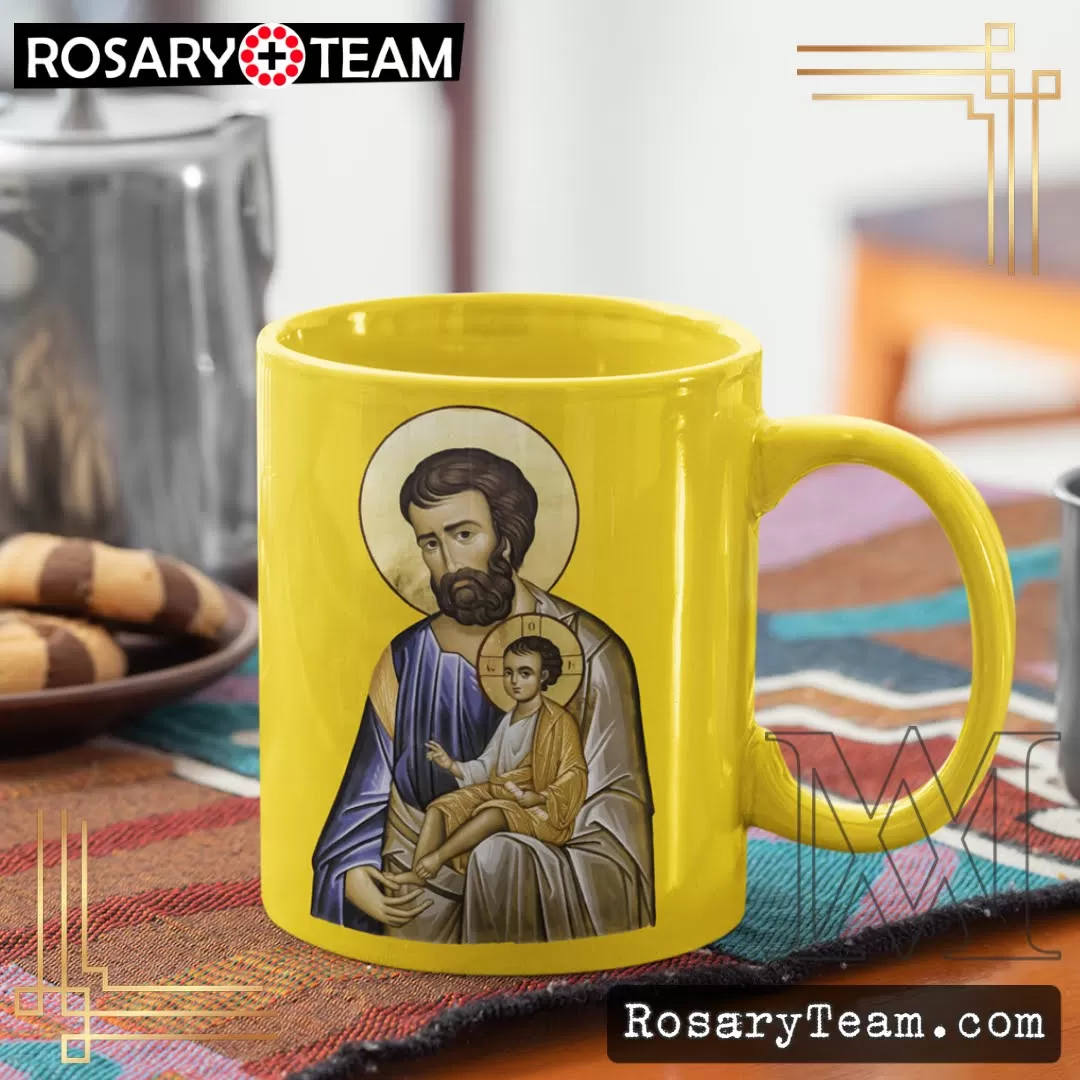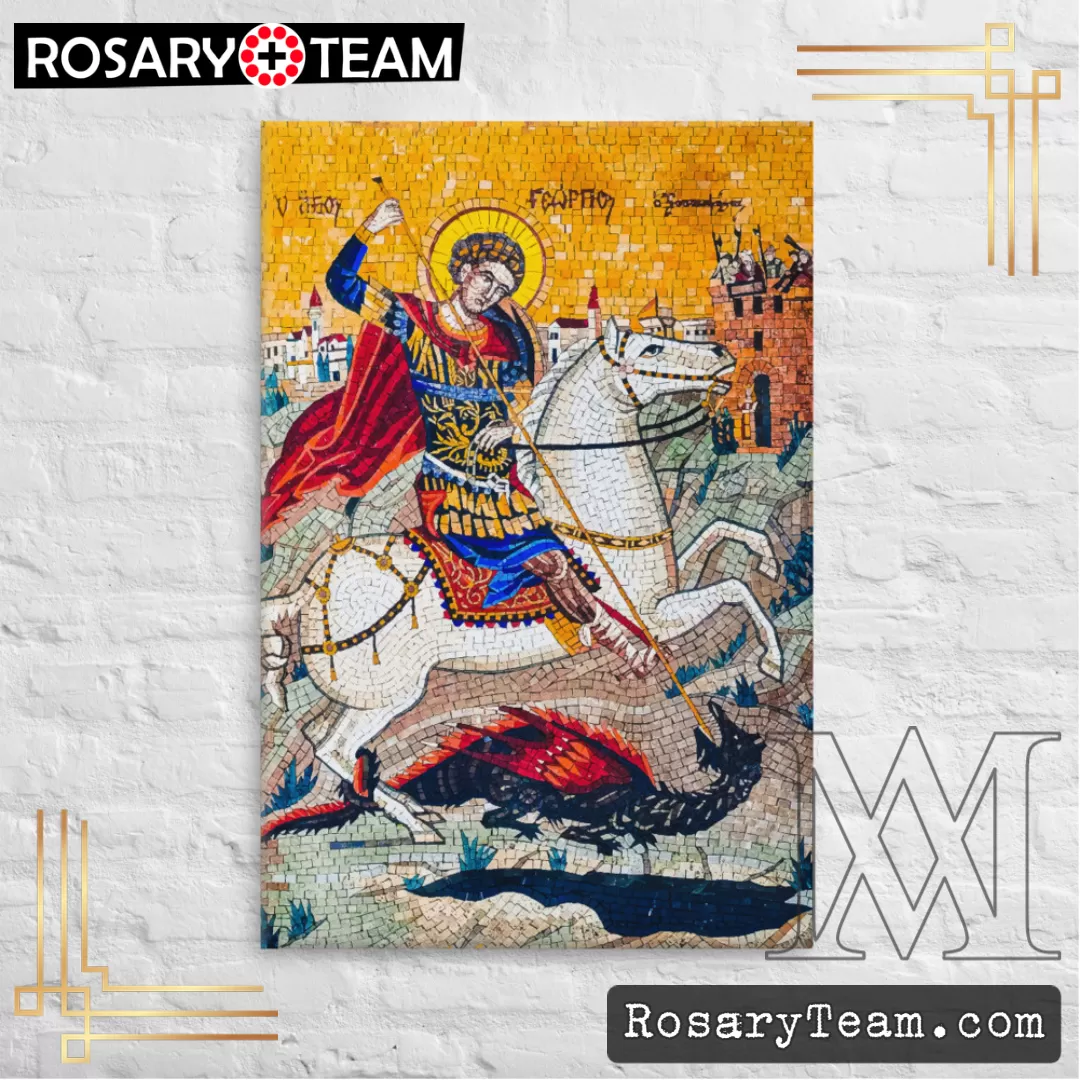Thursday, March 31 : Saint Cyril of Alexandria

Moses said: «A prophet like me will the Lord, your God, raise up for you from among your own kinsmen» (Dt 18,15). Moses himself explains… what he has just said: «This is exactly what you requested of the Lord, your God, at Horeb on the day of assembly, when you said: ‘Let us not again hear the voice of the Lord, our God, nor see this great fire any more, lest we die’ « (v.16). Moses is strongly affirming that the role of intermediary has been assigned to him at that time because the assembly of the Jews was still unable to look on realities beyond its grasp: extraordinary visions of God, terrifying to behold, weird trumpet sounds, terrifying to hear (cf. Ex 19,16). Thus the people had the prudence to refuse what was beyond their strength and Moses’ mediation made up for the weakness of the people of his generation: he was entrusted with handing on the divine commandments to the assembled people. If, however, you try to discover the reality prefigured beneath this symbol, then know that it looks towards Christ, «the Mediator between God and man» (1Tim 2,5). He it is who, with human voice, the voice received when he was born of a woman for our sake, communicates the sublime will of God our Father to receptive hearts – the will that he is the only one to know as Son of God and Wisdom of God, «scrutinizing everything, even the depths of God» (1Cor 2,10). With our fleshly eyes we cannot approach the inexpressible, pure and naked glory of him who is beyond all things – «man cannot see my face and live» (Ex 33,20). Therefore the Word, the only Son of God, must conform himself to our weakness by putting on a human body… according to the plan of redemption, to reveal the will of God the Father to us, as he himself said: «I have told you everything I have heard from my Father» (Jn 15,15), and again: «I do not speak on my own, but the Father who sent me commanded me what to say and speak» (Jn 12,49).
Roman Catholic Ordinary Calendar – rosary,team
















